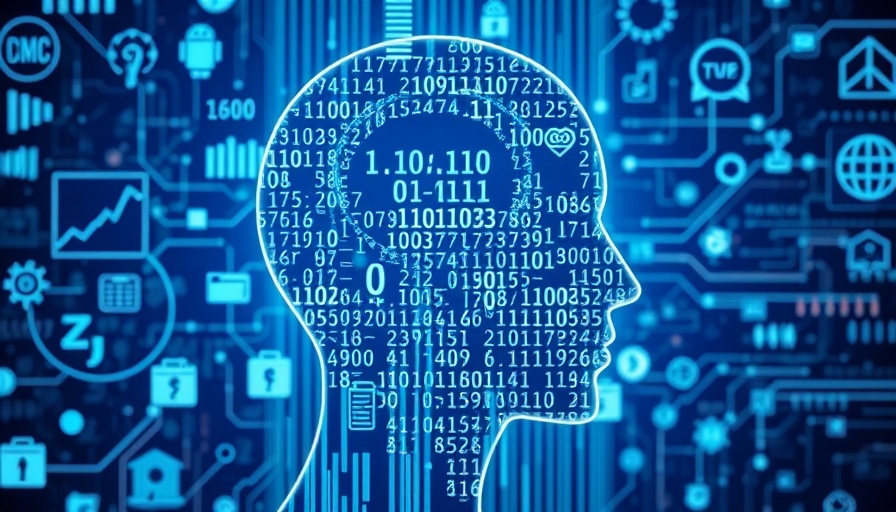
The New Era of AI in Software Development
In a recent fireside chat during Meta's LlamaCon, Microsoft CEO Satya Nadella revealed a surprising statistic: up to 30% of the code in Microsoft’s repositories is generated by AI. This bold claim highlights the rapidly changing landscape of software development, where artificial intelligence is no longer just a buzzword but an integral part of coding practices.
Understanding AI's Role in Programming
Nadella explained that Microsoft has been experimenting with AI-generated code across various programming languages. According to his statements, the results have been mixed; there has been notable success in Python, while the outcomes for languages like C++ have been less promising. This disparity raises important questions about the capabilities and limitations of AI tools in different coding environments.
The Future of Software Generation
Microsoft CTO Kevin Scott has projected that by 2030, as much as 95% of all code could be AI-generated. This dramatic shift indicates a future where programmers may take on more of a supervisory role, guiding and refining code generated by machines. As organizations adopt these technologies, it may lead to a profound redefinition of the job landscape for software developers and IT professionals.
Comparative Perspectives: Microsoft vs. Google
Interestingly, during a recent earnings call, Google CEO Sundar Pichai stated that more than 30% of their code is generated by AI. This growth across competitive tech giants signals not just an internal trend but a broader shift in the industry. However, it remains unclear how each company defines and measures AI-generated code, meaning these statistics should be viewed with caution. The variability in classifications can greatly influence how we understand AI's current contributions to development.
The Potential for Improvement and Innovation
As the tech industry wrestles with the integration of AI into their workflows, leaders must also weigh the potential challenges. AI-generated code is not infallible and may require substantial quality assurance efforts. This could necessitate additional investment in testing and validation processes to ensure that the AI outputs align with the standards of existing codebases.
Exploring Ethical Considerations
The rise of AI in software creation invites a critical examination of ethical implications. As AI systems start to contribute more significantly to coding, what does that mean for the intellectual property of software? Will companies need to rethink how they handle copyrights or ownership rights concerning AI-generated material? These questions will inevitably become key points of discussion among tech leaders and policymakers.
Implications for the Business Landscape
For business professionals, particularly in tech-driven and marketing-centric industries, the implications of these advancements are vast. Enhanced efficiency could lead to faster product development cycles, greater innovation, and reduced costs. However, leaders must also recognize the risks associated with relying heavily on AI technologies, such as potential biases embedded in AI algorithms and the need for ongoing oversight.
Taking Action as AI Matures
As companies pivot towards increased AI utilization in coding, it’s essential for business leaders to adapt their strategies accordingly. They should consider leveraging AI tools in a manner that complements human creativity rather than replaces it. Establishing a culture of ongoing learning for their teams about AI tools will be paramount in achieving optimal outcomes.
In conclusion, the increasing role of AI in software development presents both opportunities and challenges. As AI continues to evolve, staying informed and agile will be crucial for leaders navigating this complex landscape. Embrace this trend by seeking out training and resources that allow your teams to harness AI effectively, ensuring your organization stays at the forefront of technological advancement.
 Add Row
Add Row  Add
Add 




 Add Row
Add Row  Add
Add 

Write A Comment